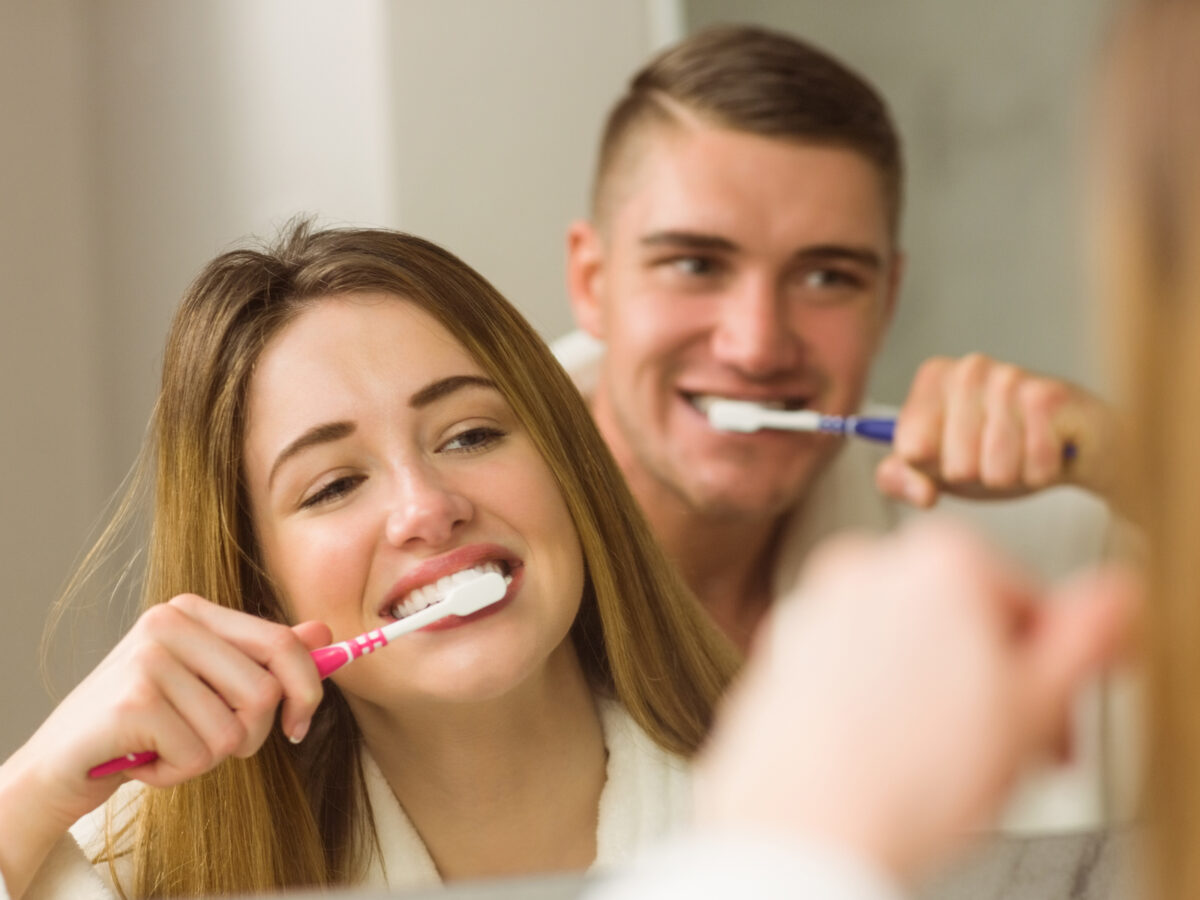Blog
Dental hygiene tips for healthy teeth & gums

The Perfect Nighttime Dental Hygiene Routine
Maintaining regular appointments with your dentist is essential. However, what’s even more crucial is your at-home dental hygiene routine. This is the primary defense against tooth decay and other periodontal issues.
While many of us brush our teeth in the morning, a nighttime routine for dental health is indispensable. To preserve that radiant smile, it’s vital to brush, floss, and rinse your teeth every evening.
During the eight hours of sleep, a lot can transpire inside our mouths. If food particles and debris aren’t cleaned away before bedtime, the risk of accumulating bacteria, plaque, cavities, and other dental issues increases significantly.
If you’re seeking guidance on nighttime dental care, this article provides several tips to maintain your oral health.
Why is a Nighttime Dental Routine Essential?
Throughout the day, we consume various foods. To prevent cavities and more severe periodontal issues, a nighttime dental hygiene routine is crucial. Here’s why:
- Reduced Saliva Production at Night: Our mouths constantly produce acid during the day, but our saliva, rich in calcium, neutralizes these acids. Saliva production decreases during sleep, elevating acid levels in our mouths. This environment allows bacteria to thrive, leading to tooth decay. Nightly brushing, especially with fluoride toothpaste, can help maintain saliva levels and counteract bacterial damage.
- Food Particles Stuck on Teeth: Some high-fiber foods leave tiny particles that can cling to your teeth. If not removed before sleeping, they can attract bacteria, leading to cavities. Proper brushing ensures these particles are eliminated.
- Plaque Buildup: Plaque, a thin bacterial film, can evolve into tartar, which can’t be removed at home. Regular nighttime brushing can prevent plaque accumulation. If left unchecked, plaque can lead to various dental complications.
Tips for Optimal Nighttime Oral Care
Here are some strategies to maintain oral health and prevent dental issues:
- Brush Before Sleep: Brushing before bed helps ward off numerous dental diseases. If you’re particularly susceptible to gum disease or cavities, consider brushing after dinner and again before sleeping. Ensure you brush for at least two minutes.
- Brush Correctly: Use a soft-bristled toothbrush and gentle strokes. Overly aggressive brushing can erode enamel. Begin with the outer surfaces of both the upper and lower teeth, then the inner surfaces, and finally, the chewing surfaces. Use the brush tip to clean the backs of your front teeth with gentle up-and-down motions.
- Consider an Electric Toothbrush: Electric toothbrushes, with their oscillating and rotating movements, can be more effective at plaque removal than manual brushes.
- Floss Nightly: Flossing dislodges food particles from between teeth. If not removed, these particles can attract bacteria overnight, leading to decay. If plaque hardens, it becomes tartar, which requires professional removal.
- Rinse with Mouthwash: Beyond freshening breath, therapeutic mouthwashes can strengthen teeth and treat certain oral health conditions. Ensure you’re using a therapeutic-grade mouthwash, not just a cosmetic one that merely masks bad breath. Consult your dentist for recommendations.
- Address Teeth Grinding: If you suspect you grind your teeth at night (bruxism), consult your dentist. They may recommend a nighttime mouthguard.
Conclusion
In addition to the nighttime dental care tips provided, regular visits to your dentist for professional cleanings and check-ups are essential to prevent serious gum diseases and maintain overall oral health.


